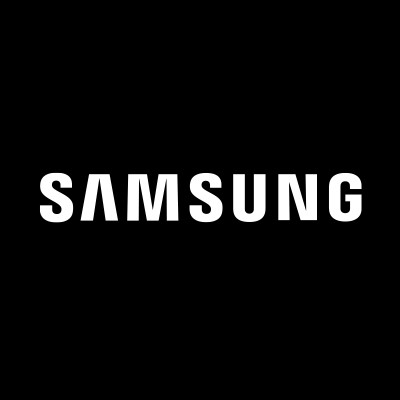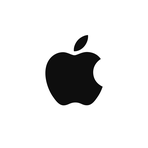The Growing Trend of Using Apple Watches for Health Management
July 9, 2024, 3:36 am

Location: United States, California, San Francisco
Employees: 10001+
Founded date: 1938
Total raised: $6.4B
In recent years, there has been a significant shift in the healthcare industry towards utilizing wearable devices like Apple Watches as medical tools to aid in the diagnosis and management of various health conditions. Doctors are increasingly recommending these devices to patients for monitoring purposes, particularly in cases of heart disease and post-surgery recovery.
Dr. Rod Passman, a renowned cardiologist and professor of medicine at Northwestern Medicine, has highlighted the numerous health benefits associated with using wearable devices like Apple Watches. According to Dr. Passman, these devices empower patients to actively participate in their healthcare journey by providing insights into how lifestyle choices can impact their overall health. From a medical perspective, wearable devices allow healthcare providers to remotely monitor patients, regardless of their location, enabling them to track heart rhythms and detect abnormalities through features like EKG readings directly from the watch itself.
While wearable devices like Apple Watches can provide valuable health data, Dr. Passman emphasizes that a diagnosis should not solely rely on the information gathered from these devices. Medical-grade confirmation is essential before initiating any treatment. However, the accuracy of these devices in detecting abnormal rhythms, coupled with the interpretation of EKG readings by skilled physicians, can significantly enhance the diagnostic process and aid in the management of conditions like abnormal heart rhythms.
Dr. Passman is currently leading a research study funded by the National Institute of Health to explore how individuals with abnormal heart rhythms can personalize their care using wearable devices. The study aims to investigate whether these devices can help optimize medication schedules, such as blood thinners, based on real-time health data, thereby maximizing the benefits of treatment while minimizing risks.
While Apple Watches are at the forefront of wearable health technology, Dr. Passman acknowledges that other brands like Samsung, Fitbit, and Kardia offer comparable benefits. He encourages patients to select devices that align with their smartphone compatibility and budget constraints. As the wearable technology market continues to expand, with more devices and platforms becoming available, the future holds promising advancements in personalized health monitoring.
In conclusion, the integration of wearable devices like Apple Watches into healthcare practices represents a significant advancement in patient care. These devices not only empower individuals to take control of their health but also provide healthcare providers with valuable insights for remote monitoring and personalized treatment strategies. As the healthcare landscape continues to evolve, wearable technology is poised to play a pivotal role in improving health outcomes and enhancing patient engagement in their own well-being.
Dr. Rod Passman, a renowned cardiologist and professor of medicine at Northwestern Medicine, has highlighted the numerous health benefits associated with using wearable devices like Apple Watches. According to Dr. Passman, these devices empower patients to actively participate in their healthcare journey by providing insights into how lifestyle choices can impact their overall health. From a medical perspective, wearable devices allow healthcare providers to remotely monitor patients, regardless of their location, enabling them to track heart rhythms and detect abnormalities through features like EKG readings directly from the watch itself.
While wearable devices like Apple Watches can provide valuable health data, Dr. Passman emphasizes that a diagnosis should not solely rely on the information gathered from these devices. Medical-grade confirmation is essential before initiating any treatment. However, the accuracy of these devices in detecting abnormal rhythms, coupled with the interpretation of EKG readings by skilled physicians, can significantly enhance the diagnostic process and aid in the management of conditions like abnormal heart rhythms.
Dr. Passman is currently leading a research study funded by the National Institute of Health to explore how individuals with abnormal heart rhythms can personalize their care using wearable devices. The study aims to investigate whether these devices can help optimize medication schedules, such as blood thinners, based on real-time health data, thereby maximizing the benefits of treatment while minimizing risks.
While Apple Watches are at the forefront of wearable health technology, Dr. Passman acknowledges that other brands like Samsung, Fitbit, and Kardia offer comparable benefits. He encourages patients to select devices that align with their smartphone compatibility and budget constraints. As the wearable technology market continues to expand, with more devices and platforms becoming available, the future holds promising advancements in personalized health monitoring.
In conclusion, the integration of wearable devices like Apple Watches into healthcare practices represents a significant advancement in patient care. These devices not only empower individuals to take control of their health but also provide healthcare providers with valuable insights for remote monitoring and personalized treatment strategies. As the healthcare landscape continues to evolve, wearable technology is poised to play a pivotal role in improving health outcomes and enhancing patient engagement in their own well-being.
